Unmasking the Misinformation Epidemic
If you look at Moin's packaging label, we don't add any "free from claim" in any of our products. Some of you might wonder why because a lot of personal care brands nowadays love to tell you which ingredients they don't put in their formulation. So much so that we occassionally received questions like
"Does it contain paraben?"
"Is it free from endocrine disrupting ingredients?"
"Is it natural?"
"Does it contain any chemicals at all?"
We do it for a reason.
The rise of misinformation vs the reality
In an era where social media reigns supreme, people can write whatever they like on the internet. Whether it's true or not, it's a different topic. As consumers, we understand that it's not easy to navigate through the labyrinth of products and advice that the skincare industry offers. There is too much information and it can get overwhelming.
But, worry not. Indonesia has a food and drug authority that is responsible for protecting and supervising food, pharmaceutical, as well as personal care products being sold in the country called BPOM. FDA has similar role in the United States to protect their citizen from dangerous goods. In the European Union, the manufacture of cosmetics is governed by the EU Cosmetic Products Regulation (EC) No. 1223/2009. In short, skincare and cosmetics are regulated.
An indie brand like us does not have the same resources like big companies, where they can invest on their own R&D to verify the safety and stability of the formulation. However, we choose contract manufacturers that take their quality system seriously to do it for us. A legit contract manufacturer usually holds different certifications like GMP, ISO, Halal, COSMOS etc. They also have strict quality control measures like supply chain, chemical & physical examination methods, and logistics.
When developing a skincare formula, it is mandatory to only incorporate safe ingredients at the safe & allowed concentration. Furthermore, we requested in advance all of the regulatory and quality documents from the ingredient suppliers to make sure that the compounds are in compliance with the regulation. So, no, we don't put random things at random concentration like a crazy scientist we saw in movies. We make safety a no.1 priority because in the end, we would like as many people as possible to enjoy using our products. Afterwards, the product has to go through safety assessment for the overall formula to be checked. The safety assessor will look at different components like impurities, heavy metals etc, again, to make sure that it is compliant.
"Don't you know that you're toxic?"
Some skincare brands and influencers propagate the idea that certain ingredients are "toxic" without scientific evidence to support these claims. Unlike Britney, who will make us sing and dance along, the whole toxic rethoric in the personal care space is not fun because it often villifies ingredients that are actually safe.
Parabens
Parabens are preservatives that have been widely used in cosmetics and skincare products for decades. They were at the center of controversy due to concerns about their potential endocrine-disrupting properties. However, extensive research has found that parabens are safe for use in cosmetics at the low concentrations typically used.
Phthalates
Phthalates are a group of chemicals used to make plastics more flexible and are sometimes found in fragrances and cosmetics. They have been linked to potential health risks, but the levels found in cosmetics are generally considered safe for use. Many countries have regulations in place to limit the use of certain phthalates in cosmetics.
Mineral oil and petrolatum
Mineral oil and petrolatum (commonly known as petroleum jelly) are often criticized for being derived from petroleum. The one used in skincare highly refined and undergo rigorous purification processes to ensure their safety. We love petroleum jelly because it's an effective moisturizing agent.
Alcohol
Some types of alcohol, like ethanol and isopropyl alcohol, are often deemed harmful to the skin due to their potential to cause dryness and irritation. However, not all alcohols are created equal. Fatty alcohols, such as cetyl and stearyl alcohol, are often used in skincare products as emulsifiers in emulsion type of formulation and are generally considered safe and non-irritating.
Silicones
Silicone-based ingredients, like dimethicone, are used in many skincare and cosmetic products to improve texture and provide a smooth, silky feel. Since they have big molecular structure, they will obviously stay on top of the skin and provide occlusivity. Because of it, many people believe that silicones can clog pores.
Sulfates
Sulfates, such as sodium lauryl sulfate (SLS) and sodium laureth sulfate (SLES), are commonly used as surfactants in cleansers and shampoos. They are so good at removing sebum, dirt, and impurities on the hair & skin that they can be drying at times. However, when talking about this, formulation matters. There is no way cosmetic formulator will only incorporate SLS alone and not add other ingredients. Of course, we will formulate the product in such a way that it provides effective cleansing properties but also still gentle and moisturizing to the skin. While some individuals with sensitive skin may prefer sulfate-free products, sulfates are generally considered safe for use in cosmetics because, again, it highly depends on the formulation.
Chemical = bad
Okay, this one is personal. If you haven't already know, I have a bachelor's degree in Chemistry and work in the chemical industry. So, when someone asked me whether Moin contains chemical, I was legit confused. Everything in this world is chemical. Even our own body consists of different complex chemistry and they allow us to function and thrive.
Apparently, consumers sometimes have different idea of what is natural and what is chemical. What if I tell you that the definition of natural is not regulated by the authority? FDA has clear definition of both drugs and cosmetics, but they don't legally define what "natural" really means. This is what makes it complicated because in the end, it's up to the brands how they want to define it and it can lead to so much confusion.
Nowadays, we have some standards like ISO 16128 that provides specific criteria and definitions for ingredients of natural origin. If a brand wants to go extra miles, they can apply for COSMOS or NaTrue certification. Of course, it comes with extra cost but these types of certification can help increase consumers' trust of the products quality.
But these "standards" do not erase the fact that even natural ingredients are also made of chemicals. Look at this all-natural banana!

Credit: https://jameskennedymonash.wordpress.com/2013/12/12/ingredients-of-an-all-natural-ban
Products that do not claim that they are free from the "harmful" ingredients do not necessarily mean that they are less safe. If they are legit brands produced at legit manufacturing facility, they have to provide all necessary documents to BPOM to make sure of the quality.
Just like for any other aspects in life, we must arm ourselves with knowledge and critical thinking. Unfortunately, the skincare industry is rife with misinformation, but by understanding the nuances of skincare formulation, regulation, and consulting with professionals, we can make informed choices for our skin health.
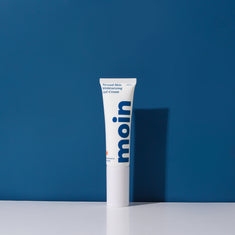
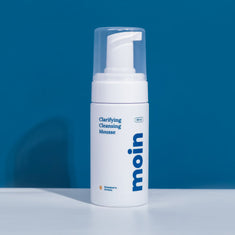
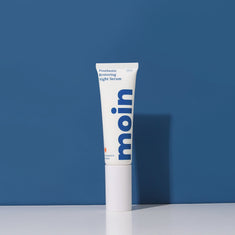
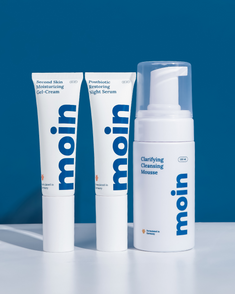

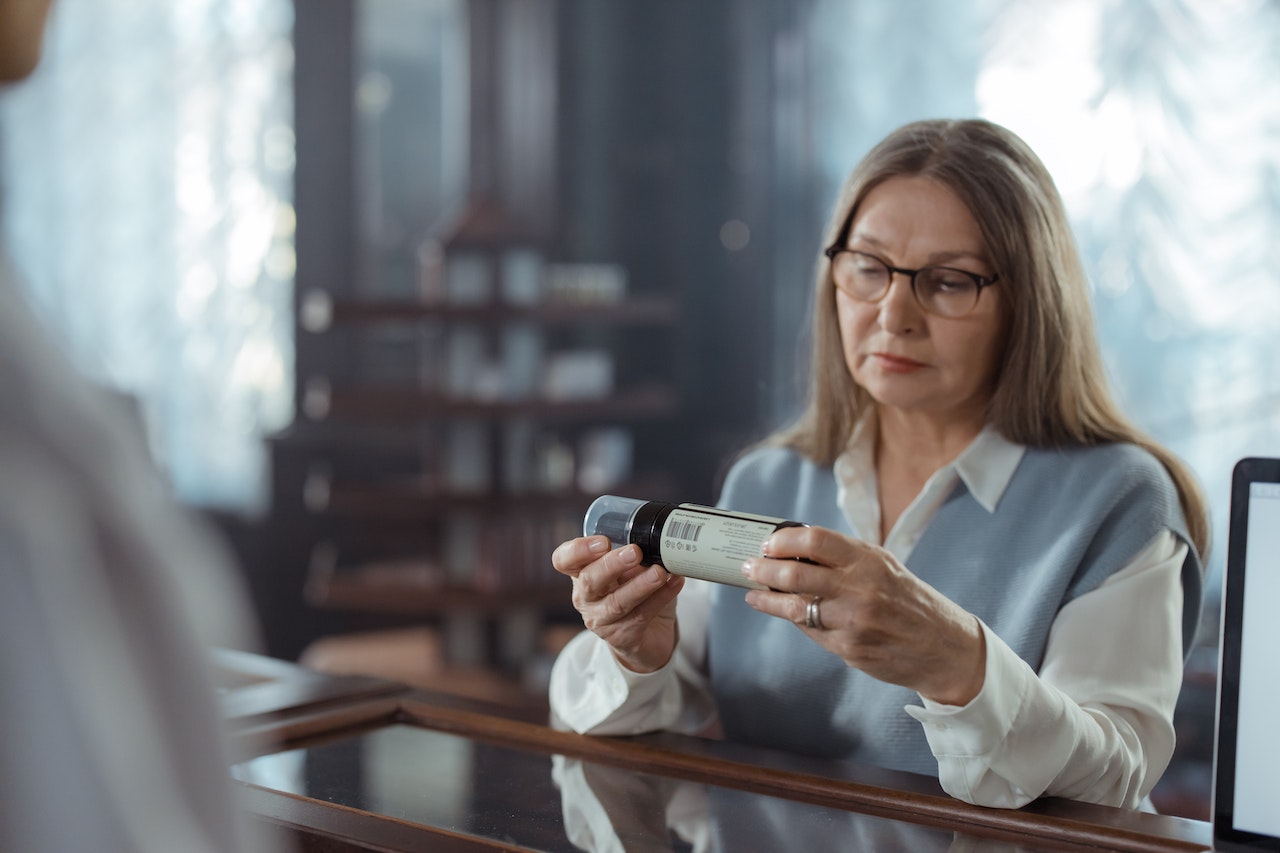
comment (1)
.